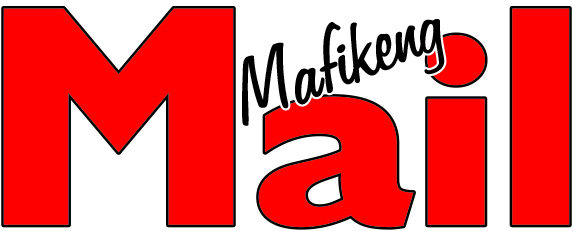BONUS - RUSTENBURG - A successful work conference isn’t just about the venue; it’s about creating opportunities for growth, collaboration, and innovation.
Building an outstanding team begins with strong leadership and fostering a supportive environment. Here are some principles to keep in mind as you bring your team together for a transformative experience during a team building workshop, or anything similar.
1. Effective leadership is built on loyalty and trust - not fear or authority. Foster loyalty by creating genuine relationships with team members and showing them that their contributions are valued.
2. Embrace every idea as innovation begins with open-mindedness. Encourage your team to share their ideas without fear of judgement - there’s no such thing as a bad idea in brainstorming.
3. Stay attuned to unspoken feelings as great leaders are empathetic. Be sensitive to the moods and feelings of your team, setting an example of openness and understanding.
4. Be mindful to mediate disputes as these can disrupt progress - so act as a harmonising influence by resolving conflicts quickly and reminding the team of its collective goals.
5. Communicate clearly and consistently because more often than not, confusion stifles productivity. Lead by example, ensuring your directives are clear and concise while encouraging open communication within the team.
6. Promote cooperation and trust between members of the team as the relationships within the team are just as crucial as those between the team and its leader. Build trust and respect among members to create a cohesive, high-performing group.
7. Delegate and empower problem solving in order for your team to work together on solutions. Creative collaboration builds confidence and strengthens bonds.
8. Encourage brainstorming and debate, because creativity is stimulated by healthy debating, which can lead to innovative ideas and solutions. Consensus doesn’t mean silencing disagreement.
9. Set ground rules and goals that create efficiency and success - whether it’s punctuality for meetings or encouraging everyone to share ideas. Set clear goals and regularly evaluate progress to maintain momentum.
10. Acknowledging achievements and successes motivates teams and fosters a sense of pride and unity. Use milestones as opportunities to celebrate both individual and group accomplishments.










